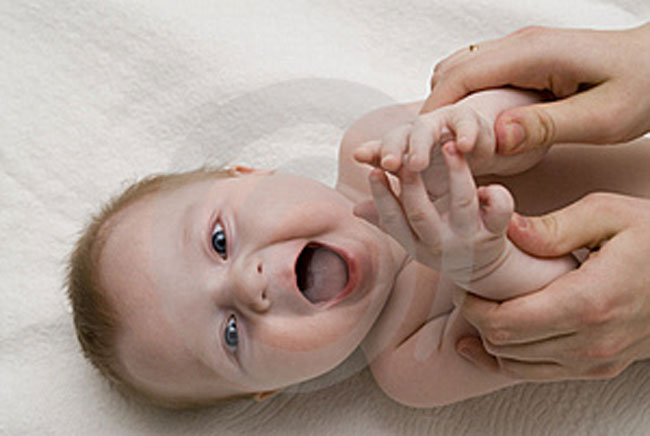Happiness May Be Inherited

Get the world’s most fascinating discoveries delivered straight to your inbox.
You are now subscribed
Your newsletter sign-up was successful
Want to add more newsletters?
Join the club
Get full access to premium articles, exclusive features and a growing list of member rewards.
Many parents fret about ensuring their childrens' happiness, but those worries could be too late if happiness is mainly inherited, as a researcher now suggests.
Epigenetics research has shown how life experiences and a person's environment can impact gene expression and change the traits that parents pass on to their kids. That provides some indirect support for this latest hypothesis.
"It is well known, of course, that parental behavior affects children, and that the genes that a child gets from its parents help shape that child's character." said Dr. Alberto Halabe Bucay of Research Center Halabe and Darwich in Mexico. "My paper suggests a way that the parent's psychology before conception can actually affect the child's genes."
Halabe Bucay points to brain chemicals that accompany different moods, and suggests that they could affect eggs and sperm. Such chemicals may alter the way that specific genes are expressed in the cells that ultimately fuse to form the next generation — and in turn influence how a child develops.
The new paper is detailed in the May issue of the journal Bioscience Hypotheses, which showcases scientifically intriguing ideas and hypotheses rather than peer-reviewed studies. That means this new idea has not been tested nor reviewed thoroughly by other experts in the field.
However, some related research last year found that happiness is partly determined by personality traits that are largely inherited from parents. Psychologists identified common genes which express personality traits that predispose people to the sunny side of life.
"Although happiness is subject to a wide range of external influences, we have found that there is a heritable component of happiness which can be entirely explained by genetic architecture of personality," said Alexander Weiss, a psychologist at the University of Edinburgh who lead the previous study.
Get the world’s most fascinating discoveries delivered straight to your inbox.
Of course, parents can't gift happiness to their kids wholesale. The keys to happiness are manifold, and life experiences seem to play an important role, other studies have shown. Kids will still struggle through their usual challenges of adolescence and eventually adulthood, and try to seek happiness any way they can — whether by finding a great place to live or being charitable.
But if future evidence emerges in support of the idea of inherited happiness, whatever joy that young people gather may somehow find its way, at least in part, to the next generation.
- 5 Keys to Happiness
- Top 10 Worst Hereditary Conditions
- Top 10 Mysteries of the Mind
 Live Science Plus
Live Science Plus











